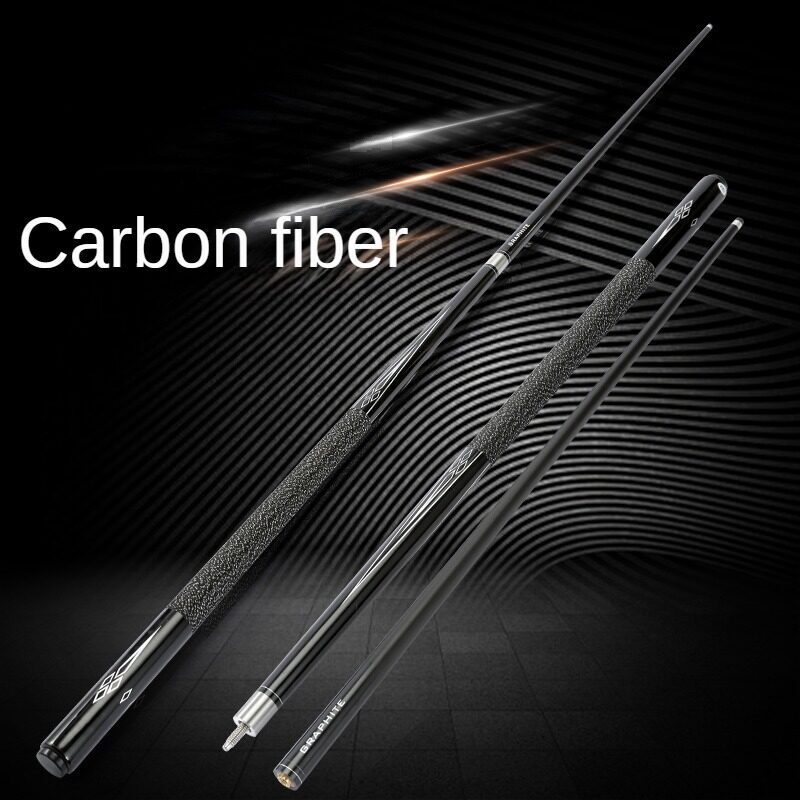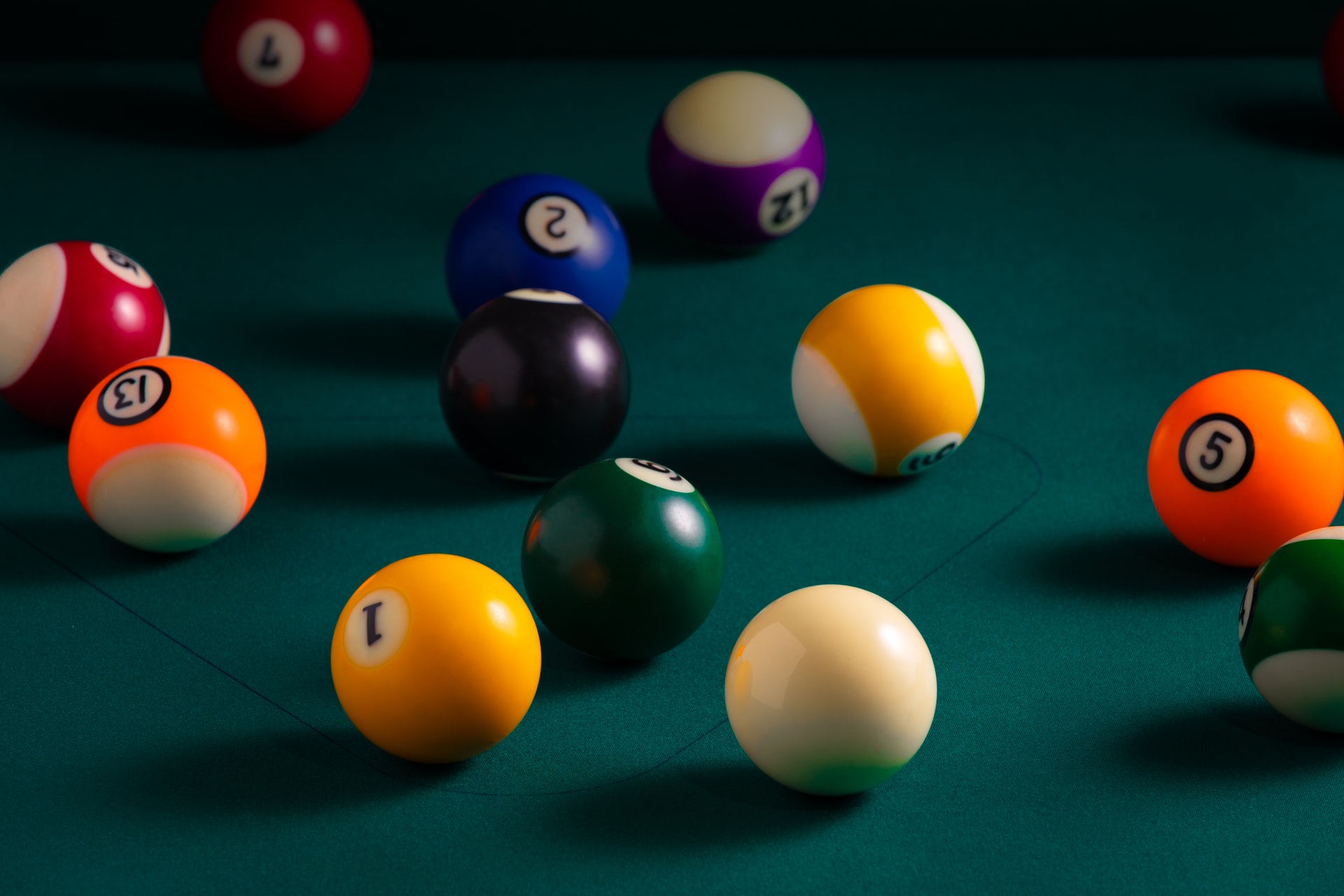Best Entry Level Pool Cue: Your Gateway To Becoming A Pool Shark!
So, you're looking to dive into the world of pool and snooker, huh? Well, you're not alone! Thousands of beginners are searching for the best entry level pool cue to kickstart their billiard journey. Whether you're playing for fun or aiming to become the next pool shark, having the right equipment is crucial. Let's face it, a good cue stick can make all the difference in your game.
Now, before we get into the nitty-gritty of finding the perfect cue for beginners, let me tell you something: buying your first pool cue doesn't have to be overwhelming. There's a lot of buzz out there about what makes a cue "good," but we're here to break it down for you in simple terms. Think of it like picking your first guitar—if you're a beginner, you don't need the most expensive one, but you do want something that feels right in your hands and helps you learn the basics.
This article is your ultimate guide to finding the best entry level pool cue. We'll cover everything from materials and weight to pricing and brands. By the end of this, you'll feel confident walking into a store or browsing online for the perfect cue stick. So, grab a cup of coffee, and let's dive in!
Read also:Bill Gates Makes A Splash On The Big Bang Theory
Table of Contents
- Why the Best Entry Level Pool Cue Matters
- Types of Pool Cues for Beginners
- Material Options for Your Cue
- Weight Considerations for Entry Level Cues
- Brands You Should Know
- Price Range for Beginners
- Buying Tips for Your First Cue
- Common Mistakes to Avoid
- Maintenance Guide for Your Pool Cue
- Conclusion: Start Your Pool Journey Today
Why the Best Entry Level Pool Cue Matters
Alright, let's talk about why your cue stick is such a big deal. Think of it like this: would you try to ride a bike with flat tires? Probably not, right? Similarly, playing pool with a subpar cue stick can make your game feel clunky and frustrating. The best entry level pool cue is designed to help you develop proper technique without breaking the bank.
When you're starting out, consistency is key. A quality cue stick will give you the stability and control you need to practice your shots. Plus, it'll help you build confidence as you see your skills improve. Don't worry about fancy features or expensive add-ons just yet—focus on finding something reliable that fits your style.
Types of Pool Cues for Beginners
Now that you know why the cue matters, let's talk about the different types available. For beginners, there are two main categories: one-piece and two-piece cues.
One-Piece Cues
One-piece cues are exactly what they sound like—cue sticks that come in a single piece. They're often cheaper and great for casual players or people who just want to have fun without investing too much. However, they can be a bit clunky to carry around and might not offer the same level of control as a two-piece cue.
Two-Piece Cues
Two-piece cues, on the other hand, are more versatile. They break down into two parts, making them easier to transport and store. Most beginners opt for two-piece cues because they offer better balance and control. Plus, they're usually more durable and can last you a long time if taken care of properly.
Material Options for Your Cue
Let's talk materials. The material of your cue stick plays a huge role in how it feels and performs. Here are some common options:
Read also:Queen Elizabeths Starstudded 92nd Birthday Bash All The Details
- Wood: Traditional and classic, wooden cues are popular among beginners. They're affordable, lightweight, and offer a smooth feel. Maple and ash are two common wood types used.
- Fiber: Fiber cues are made from materials like graphite or fiberglass. They're more durable than wood and resistant to warping, but they can feel a bit stiff compared to wooden cues.
- Hybrid: Hybrid cues combine wood and fiber, offering the best of both worlds. They're lightweight, durable, and provide a nice balance between feel and performance.
Ultimately, the material you choose will depend on your budget and personal preference. Don't be afraid to try out different options to see what feels right for you.
Weight Considerations for Entry Level Cues
Weight is another important factor to consider when choosing a cue. Most entry level pool cues range from 18 to 21 ounces, but the right weight for you will depend on your playing style.
If you're just starting out, a cue in the 19-20 ounce range is usually a good choice. It's heavy enough to give you control but light enough to maneuver easily. Remember, you don't want a cue that feels too heavy or too light—it should feel balanced in your hands.
Brands You Should Know
Now that you know what to look for, let's talk about some reputable brands. These companies are known for producing high-quality entry level pool cues that won't break the bank.
- cue: This brand is a favorite among beginners and pros alike. They offer a wide range of cues at different price points, so you're sure to find something that fits your budget.
- McDermott: McDermott is another top choice for beginners. Their cues are known for their durability and sleek designs. Plus, they offer great warranties, so you can feel confident in your purchase.
- Predator: Predator is a bit more advanced, but they do offer some great entry level cues. Their focus on technology and performance makes them a solid choice for players who want to take their game to the next level.
Price Range for Beginners
Budget is always a consideration when buying a new piece of equipment. For entry level pool cues, you can expect to spend anywhere from $50 to $200. While it might be tempting to go for the cheapest option, remember that quality matters. A well-made cue stick will last you longer and help you improve your game faster.
That said, you don't need to spend a fortune to get a good cue. Look for brands that offer value for money and focus on the features that matter most to you. And if you're really on a tight budget, consider checking out second-hand options from trusted sellers.
Buying Tips for Your First Cue
Ready to make your purchase? Here are some tips to keep in mind:
- Test it out: If possible, try out a few cues before you buy. This will help you get a feel for what works best for you.
- Read reviews: Check out customer reviews to see what others are saying about the cues you're considering. It can give you valuable insights into performance and durability.
- Ask for advice: If you're shopping in person, don't hesitate to ask the staff for recommendations. They can help you narrow down your choices and point you in the right direction.
Common Mistakes to Avoid
Let's talk about some common mistakes beginners make when buying their first pool cue:
- Going too cheap: While it's tempting to go for the cheapest option, remember that quality matters. A poorly made cue can hinder your progress and make your game less enjoyable.
- Overlooking weight: Don't underestimate the importance of weight. A cue that's too heavy or too light can throw off your shots and make it harder to develop good technique.
- Not testing it out: Always try out a cue before you buy it. This will help you ensure it feels right in your hands and performs well during play.
Maintenance Guide for Your Pool Cue
Once you've got your new cue, it's important to take care of it properly. Here are some maintenance tips to keep it in top condition:
- Store it properly: Always store your cue in a cool, dry place to prevent warping or damage.
- Clean it regularly: Use a soft cloth to wipe down your cue after each use. This will help remove any dirt or oils that can affect performance.
- Check the tip: Make sure the tip of your cue is in good condition. If it starts to wear down, consider having it replaced or reshaped.
Conclusion: Start Your Pool Journey Today
Well, there you have it—everything you need to know about finding the best entry level pool cue. Remember, the key is to focus on quality, comfort, and affordability. Don't get too caught up in fancy features or expensive brands—find something that feels right for you and helps you enjoy the game.
So, what are you waiting for? Head out and grab your first pool cue. Whether you're playing with friends or practicing on your own, having the right equipment will make all the difference. And hey, if you have any questions or tips of your own, drop a comment below. We'd love to hear from you!
Happy shooting, and may your games be full of straight shots and smooth victories!
Article Recommendations


